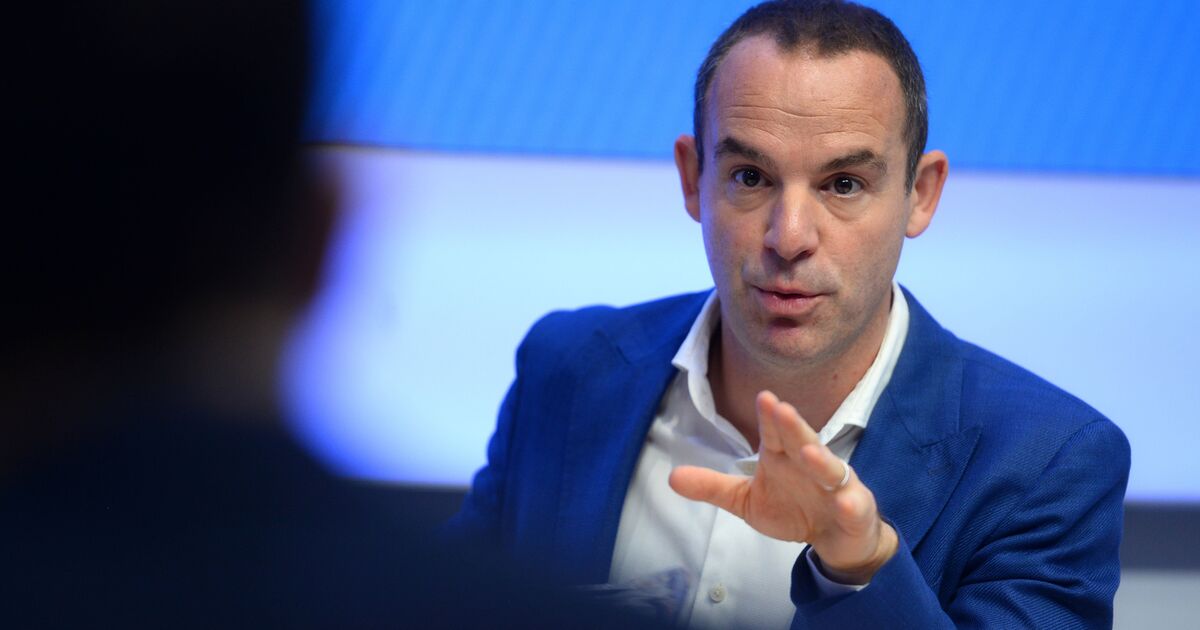
Inheritance tax has been a hot topic of debate recently, with numerous voices clamouring for its abolition, yet no changes have been implemented so far.
The complexities surrounding the tax can leave many scratching their heads over who should fork out for this levy on the deceased’s estate, which includes property, money, and belongings.
Thankfully, Martin Lewis, the financial guru and founder of MoneySavingExpert.com, has demystified the subject earlier in the year.
In a video posted on X, previously known as Twitter, he clarified: “This is a tax there are so many misunderstandings about” and added: “Most people, when they die, their estates will not pay inheritance tax. This is primarily a tax that only affects the most affluent households.”
Lewis highlighted five crucial points regarding inheritance tax, notably that any assets bequeathed to a spouse or civil partner are exempt from the tax. However, this exemption does not apply to cohabiting couples, regardless of the relationship’s duration or shared children.
As Lewis pointedly remarked: “Even if you’ve lived together for 20 years and have 184 kids”.
The second rule is that inheritance tax is not levied on the first £325,000 – so if the total value of the assets is less than this, there’s no tax to pay.
This £325,000 threshold is increased to £500,000 if you bequeath your residence to your children or grandchildren, including adopted, foster and stepchildren, reports the Liverpool Echo.
However, this increase does not apply if the estate is valued at over £2m.
Mr Lewis further explained: “Number four. It’s not just that you can leave anything to your married or civil partner and it’s exempt, you can also leave them any of your unused inheritance tax allowance”.
To illustrate, he said: “You leave everything to your wife and she is going to leave everything to your offspring. So she has a £500,000 allowance. She also gets your £500,000 allowance, so in total she can now leave £1m of assets without paying inheritance tax on it.”
“That is a very large amount which covers what the vast majority of households in the UK are worth, hence why very few pay inheritance tax”.
The fifth and final rule, Mr Lewis told the “four, five, six, seven percent of people who may well be eligible to pay inheritance tax” is that there are measures you can take to reduce how much you pay. He continued: “If you give someone a gift from your annual income it is not eligible for inheritance tax.”
“There are also a range of allowances you can give people and, as long as you live seven years after you give anybody anything, it’s not due inheritance tax”.
In conclusion, the financial expert says: “If you’ve gone through all of those and your estate is so big it is going to be charged, the rate is 40%”.





